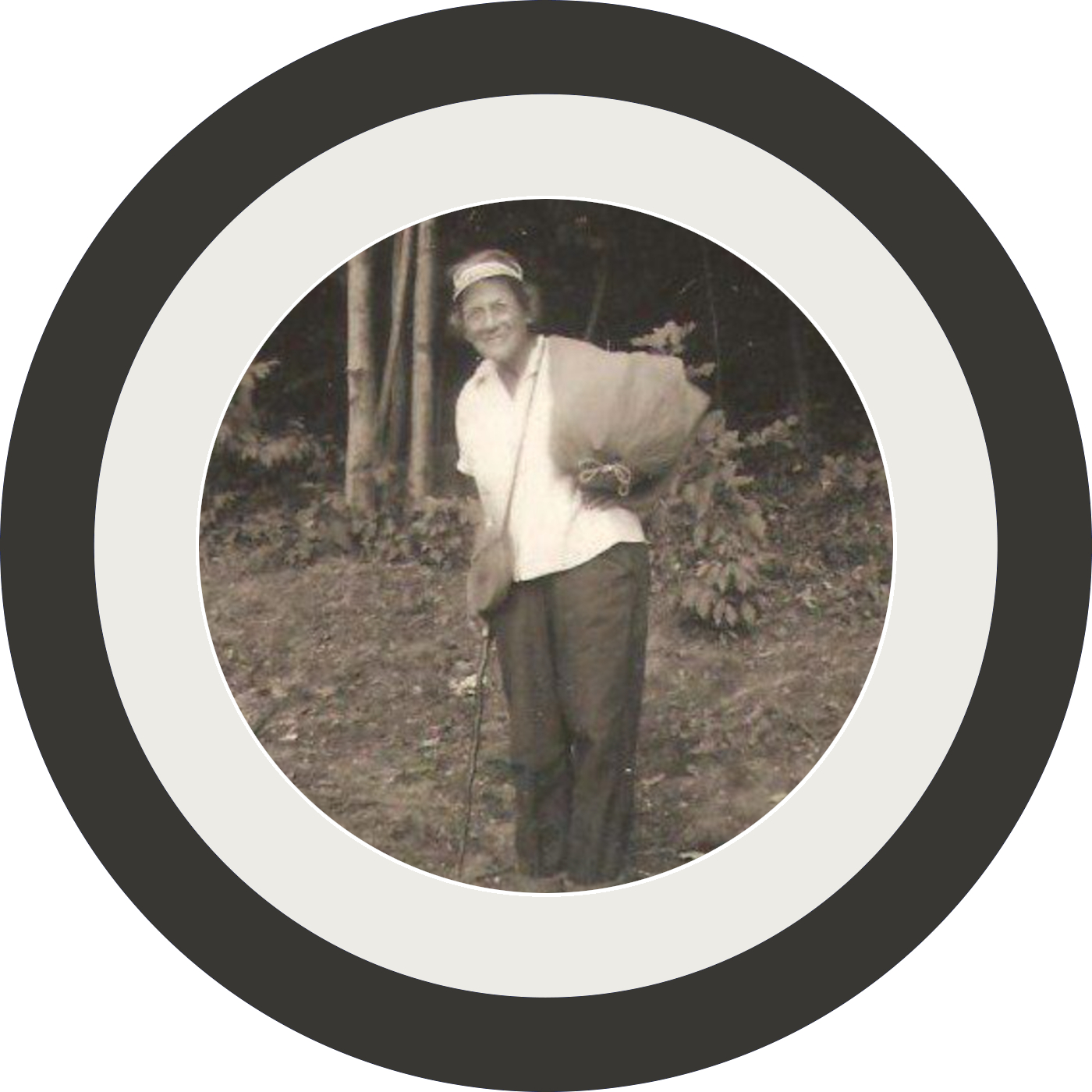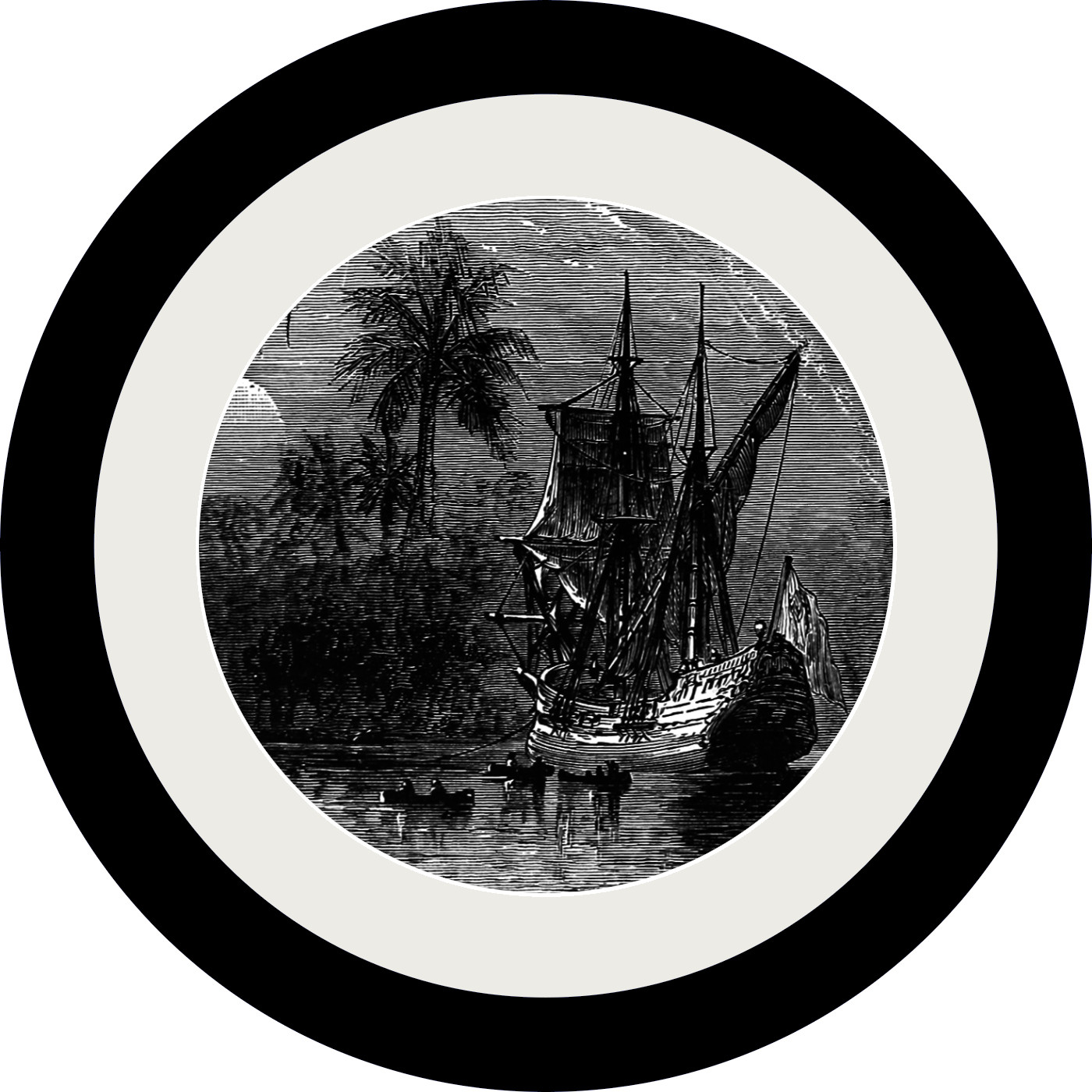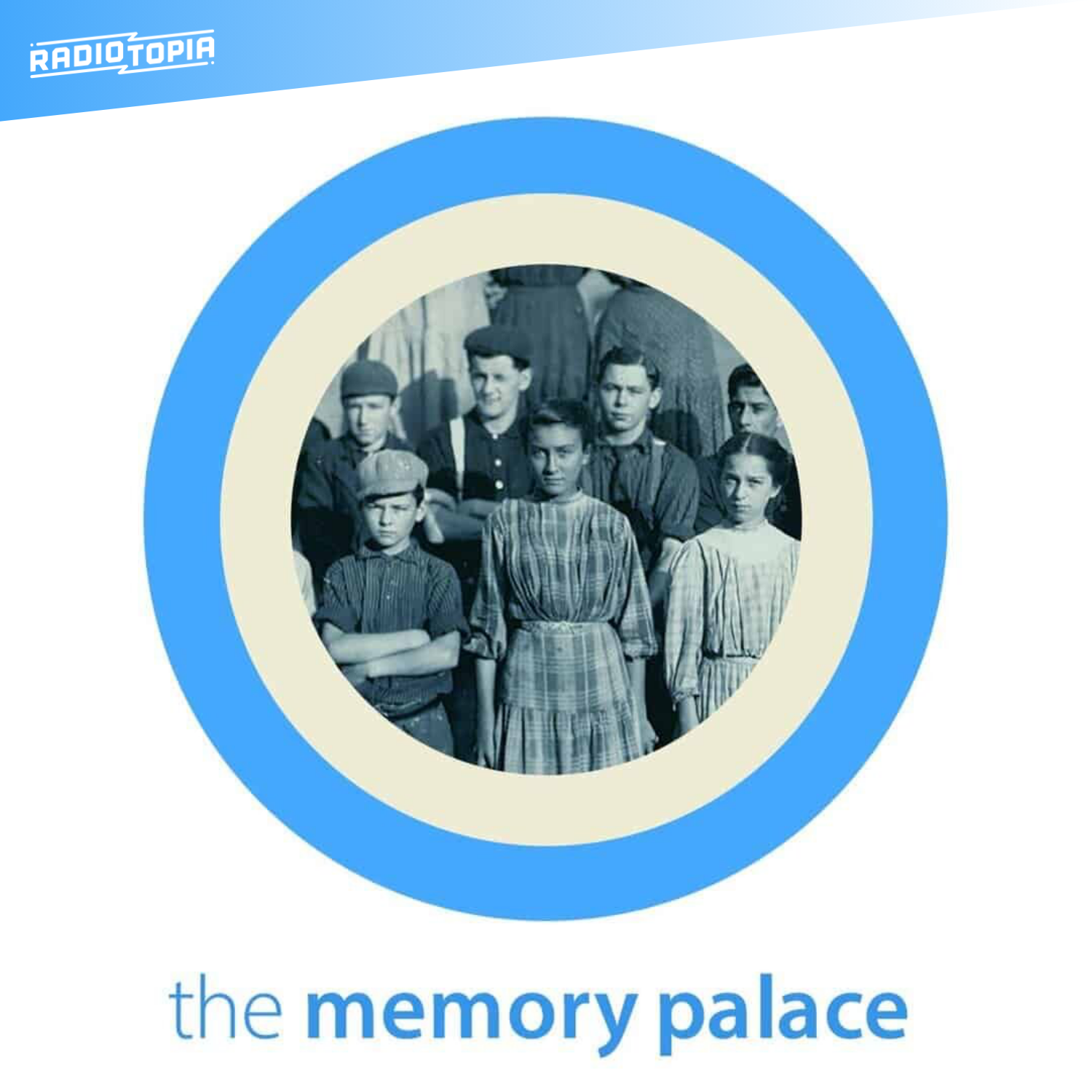Nate DiMeo and Pablo Torre Find Out
Order The Memory Palace book now, dear listener. On Bookshop.org, on Amazon.com, on Barnes & Noble, or directly from Random House.
The Memory Palace is a proud member of Radiotopia from PRX. Radiotopia is a collective of independently owned and operated podcasts that’s a part of PRX, a not-for-profit public media company. If you’d like to directly support this show, you can make a donation at Radiotopia.fm/donate. I have recently launched a newsletter. You can subscribe to it at thememorypalacepodcast.substack.com.
This is a special bonus episode of the podcast sharing with you my extremely fun appearance on the wonderful podcast, Pablo Torre Finds Out. You can watch it on Youtube, including the dynamite animation from my friend, Arthur Jones, here.
Learn about your ad choices: dovetail.prx.org/ad-choices
Press play and read along
Transcript
Transcript is processing—check back soon.





